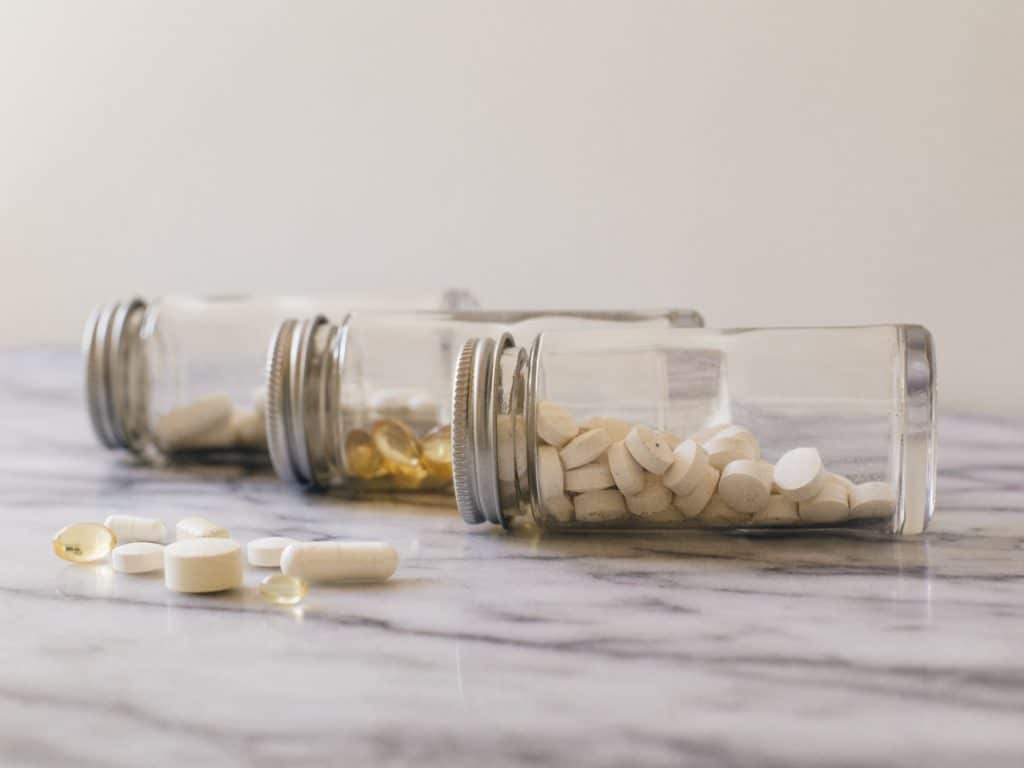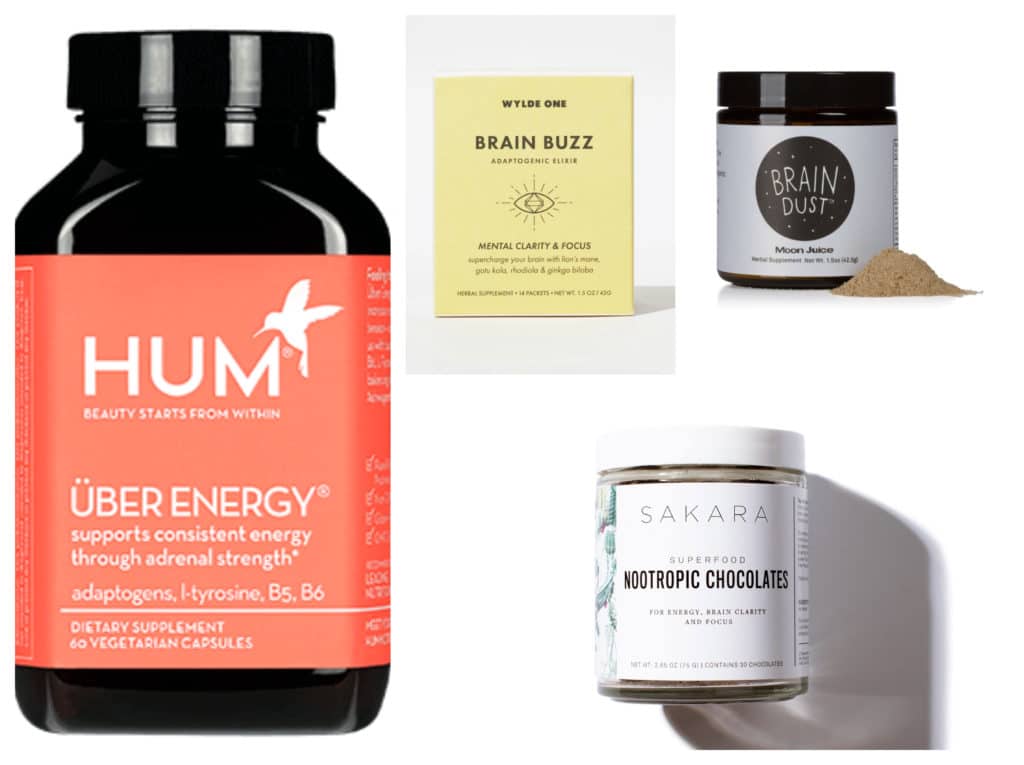Can a non-prescription pill actually make you smarter? That’s what some of the new class of wellness supplements called nootropics claim to do. Our correspondent Julie Chang Murphy investigates what we need to know right now about nootropics. Wonder drug? Or not so much? Let’s see what she learned.
Nootropics 101
One pill makes you larger, and one pill makes you small. And the one in the sleek black jar with a cool logo can sharpen your memory, reduce stress levels, enhance creativity and boost your energy so you can compete in our competitive, modern society. Sound too good to be true? There’s a lot we all probably need to know about nootropics.
Join our community
For access to insider ideas and information on the world of luxury, sign up for our Dandelion Chandelier newsletter. And see luxury in a new light.
Welcome to the latest wellness trend: nootropics. They’ve been embraced by Silicon Valley and Goop types alike. But what are nootropics?
Dear reader, nootropics are essentially any natural or synthetic substance that promises to optimize your cognitive brain function. Some are household names: Caffeine, Omega 3’s, Adderall and Ritalin. Others read like they belong in potion jars on a dusty shelf at Hogwarts: Lion’s Mane, Rhodiola Rosea, Schisandra, and Eleuthero.
And therein might explain the recent surge in their appeal. There are endless recipes and combinations (known as stacking) to inspire the amateur alchemist trying to concoct an optimal formula. In our pursuit of hacks to streamline our lives and increase our efficiency, hacking our brains might be the quickest way to self-actualization.
what you need to know about nootropics
In this guide to nootropics, we break down the most popular and reputable types of “smart drugs” that don’t require a prescription. As well as some of the best supplement blends on the luxury market right now.
We all know that a well-timed nap, exercise and healthy food are the foundations of a healthy lifestyle. But maybe there’s something to the ancient wisdom packed into these plant-based pills and powders.
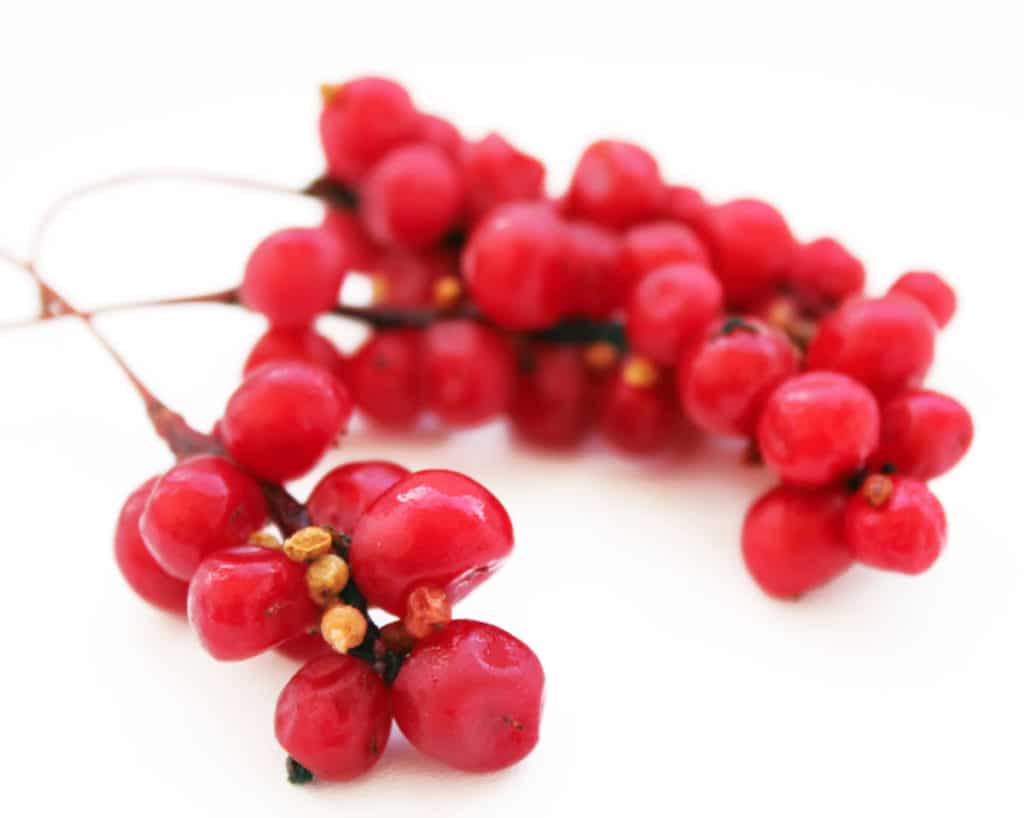
What you need to know about nootropics: Schisandra.
What are the best non-prescription nootropics to try?
There are a host of prescription medications that are clinically proven to enhance cognitive brain function. Drugs that treat attention deficit disorder, neurological diseases like Alzheimer’s and epilepsy, and narcolepsy, for example. Since I’m not a doctor (sorry, Mom and Dad), we won’t be recommending them here.
But there are plenty of non-prescription nootropics that are being adapted from ancient wisdom. They’re finding a home in modern supplements and boosters. Here are 10 names of nootropics that you need to know.
1. Melatonin
Anyone who has ever experienced jet lag or had chronic trouble sleeping has probably been counseled to try melatonin. It’s a hormone found naturally in the body. Melatonin can also be made synthetically in a lab as an ingestible supplement.
When someone is having trouble sleeping, they are usually low on melatonin. So increasing it by ingesting a pill technically increases the level of the hormone in the bloodstream, allowing the user to fall asleep more quickly. For jet-lagged travelers experiencing daytime sleepiness, it may promote alertness and improve movement coordination.
2. Caffeine
Where would we be without caffeine? The chemical is found naturally in coffee beans, tea leaves, cacao pods and kola nuts. Caffeine can also be made synthetically and added to pain relievers, cold medicines and energy boosting snacks and beverages. And thank goodness for that! By stimulating the central nervous system, it increases alertness and studies have shown that it can even lower the risk of developing dementia and Alzheimer’s.
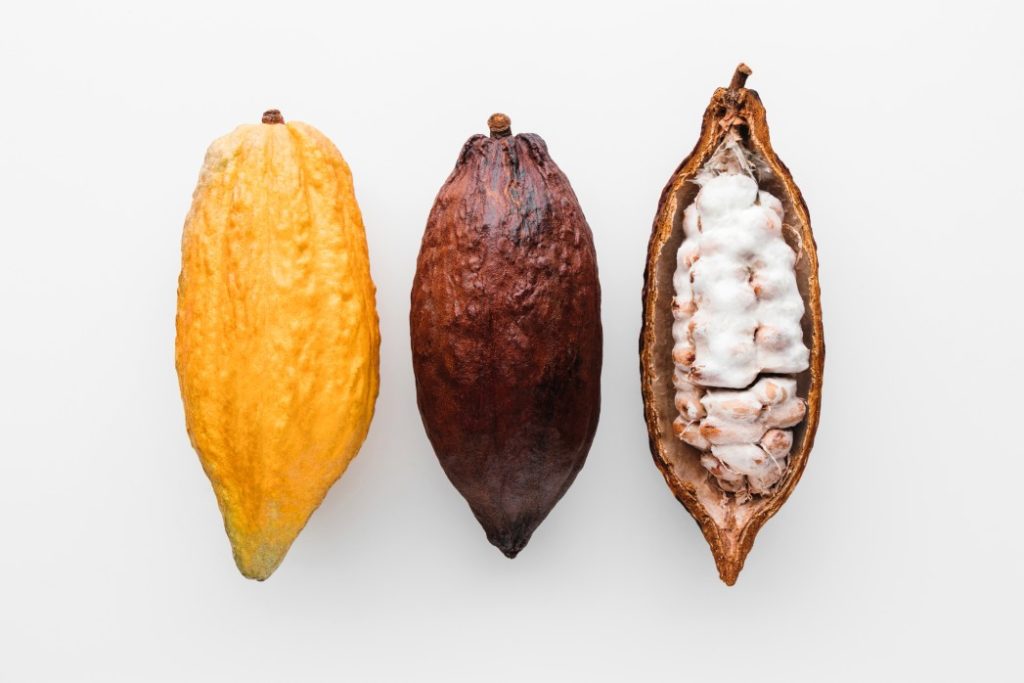
What you need to know about nootropics: Cacao Pods.
3. L-theanine
Turns out there’s something to our instinct to have a cup of hot tea on a cold, rainy day. L-theanine is an amino acid found most commonly in tea leaves, mushrooms and also in tablet form. It promotes relaxation without drowsiness and can lower stress and anxiety levels. Some nootropic experts believe that taking L-theanine with caffeine can sharpen one’s focus and improve a person’s ability to switch attention between different tasks.
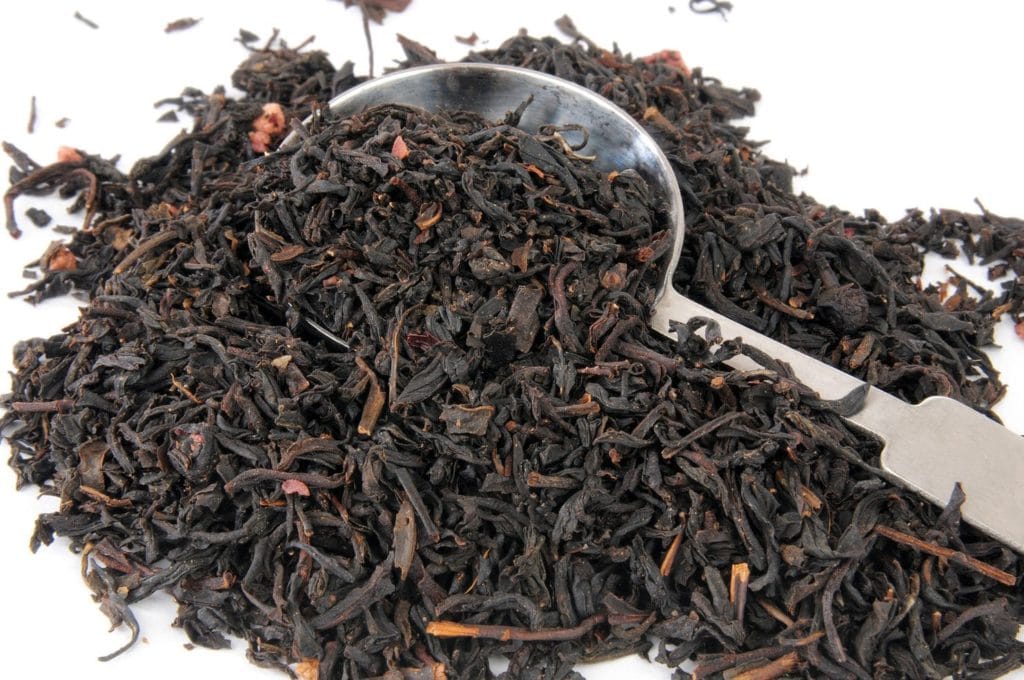
Tea leaves
4. Lion’s Mane
This white, shaggy mushroom can be found on trees native to North America, Europe and Asia. In Asian countries like China, India, Japan and Korea, it has long had culinary and medicinal uses. Lion’s Mane has a seafood like taste and can be eaten raw, cooked, dried or steeped as a tea and their extracts often used in health supplements. Studies have shown that it can stimulate the growth of brain cells, improve memory. Its extracts also have anti-inflammatory effects that are thought to reduce anxiety and depression.
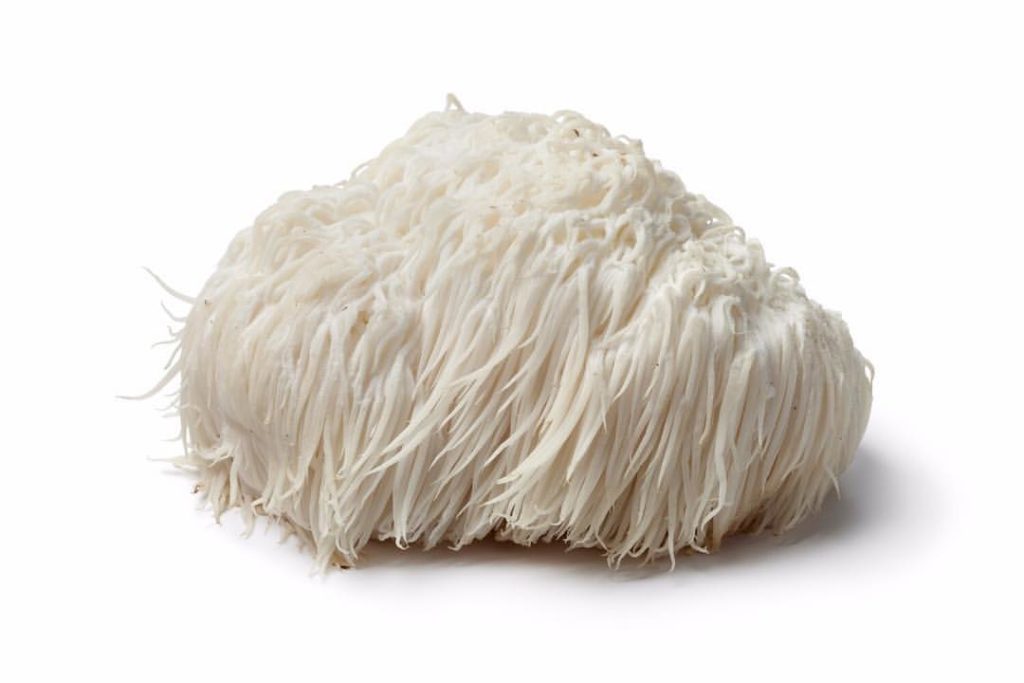
What you need to know about nootropics: Lions Mane Mushroom
5. Siberian Ginseng (also known as Eleuthero)
Siberian ginseng, not to be used interchangeably with American or Panax ginseng, is a plant. Its roots have been used as an “adaptogen”- a non-medical term used to describe substances that can strengthen the body and increase resistance to stress.
Native to Japan, northern China, southeastern Russia, and Korea, it has been used medicinally in those countries for 2,000 years. It is also believed that by increasing circulation, Eleuthero may increase blood flow to the brain, improving mental functions such as memory and concentration.
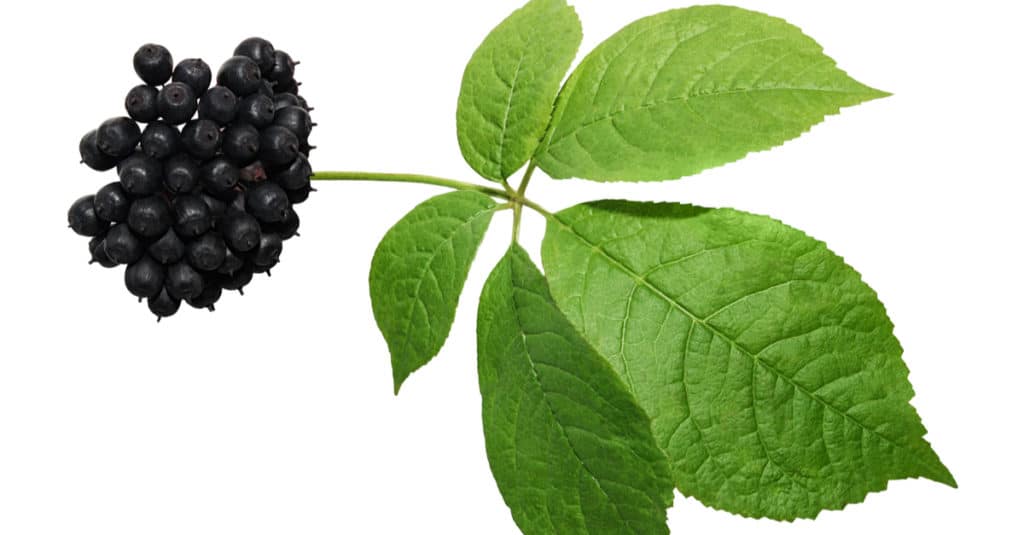
What you need to know about nootropics: Siberian Ginseng
6. Ashwagandha
Ashwagandha is a plant whose root and berry have been used in Ayurvedic, Indian, Unani and traditional African medicine. As one of the most important herbs in Ayurveda, it has been relied on for over 3,000 years to relieve stress, increase energy and improve concentration. In the lab, it has shown to have anti-inflammatory effects and relax the central nervous system in animals. And in one of the most complete human trials to date, participants were recorded to have a reduction of cortisol levels up to 26%.
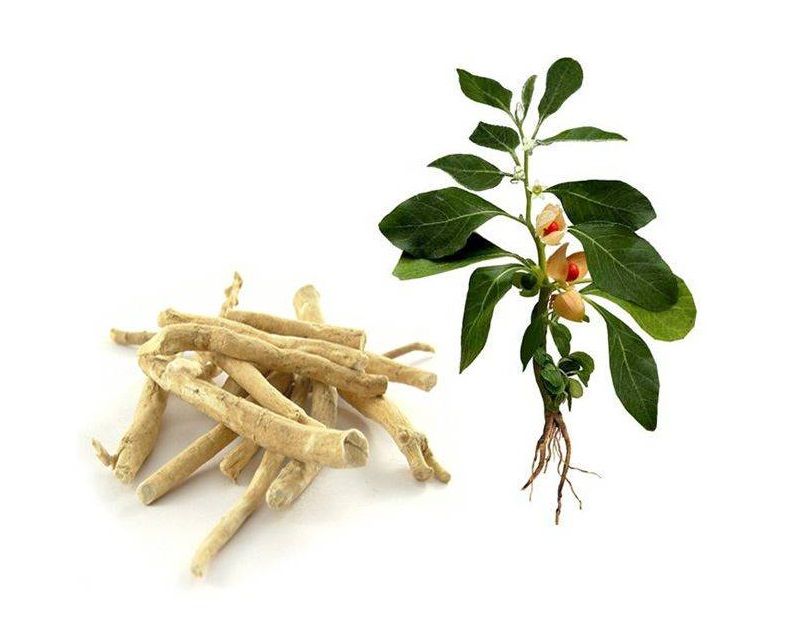
What you need to know about nootropics: Ashwaghanda plant and root
7. Goji Berry
Goji berries have been lauded as a superfood that has roots in ancient Chinese medicine. This sweet and sour berry contains all 8 essential amino acids and a single 4oz serving provides nearly 10 percent of your daily value for protein. Goji berries can be eaten raw, cooked, or dried (like raisins) and are used in herbal teas, juices and medicines. People report a feeling of well being and calmness, enhanced athletic performance and quality of sleep.
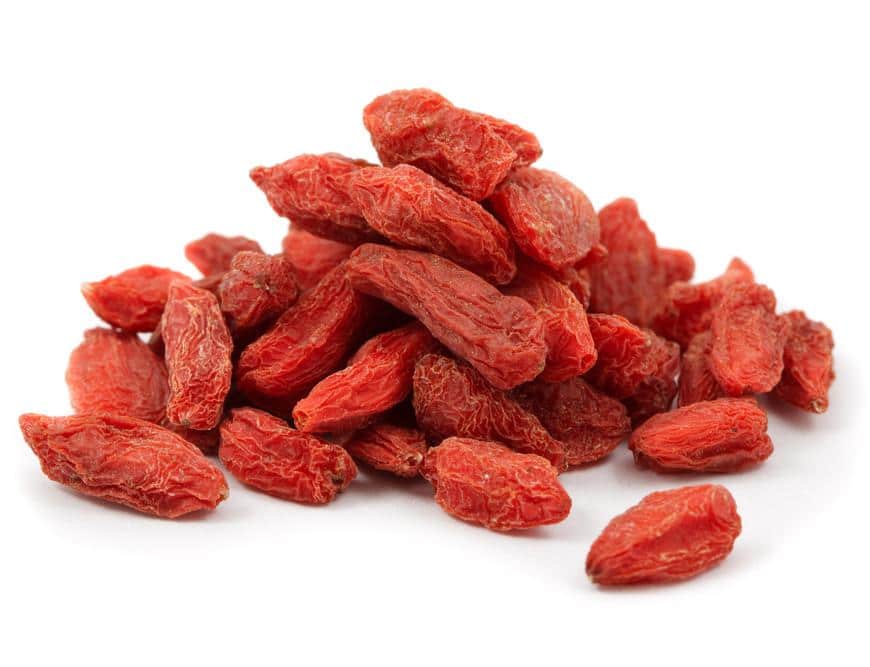
What you need to know about nootropics: Goji Berries
8. Rhodiola
Rhodiola is a flowering plant whose root is used as medicine. Native to the arctic regions of Europe, Asia and Alaska, it has been recorded as a medicinal plant by the Greeks as early as the first century AD. People in Russia and Scandinavian countries have also used rhodiola to treat anxiety, fatigue and depression for centuries. In a study looking at the effects of rhodiola in military cadets performing night duties, those who consumed rhodiola versus a placebo performed better on tasks requiring mental concentration.
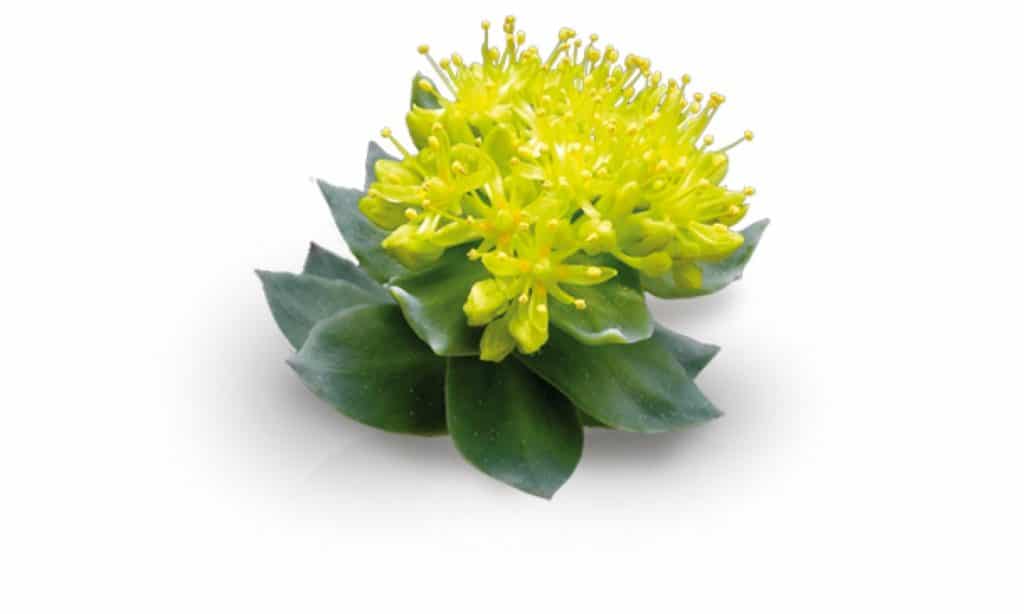
What you need to know about nootropics: Rhodiola Rosea
9. Cordyceps
Cordyceps is another type of medicinal mushroom that is native to Asia: Bhutan, China, Korea, Nepal, Thailand, and Vietnam. It has been used in ancient Chinese medicine to combat diabetes, high cholesterol, and upper respiratory tract infections. Wild mushrooms are highly valued and a kilogram can cost upwards of $20,000, though most supplements on the market these days are from an engineered fungal culture. As a supplement, Cordyceps is thought to be a natural energy booster and its powder can also be added to tea.
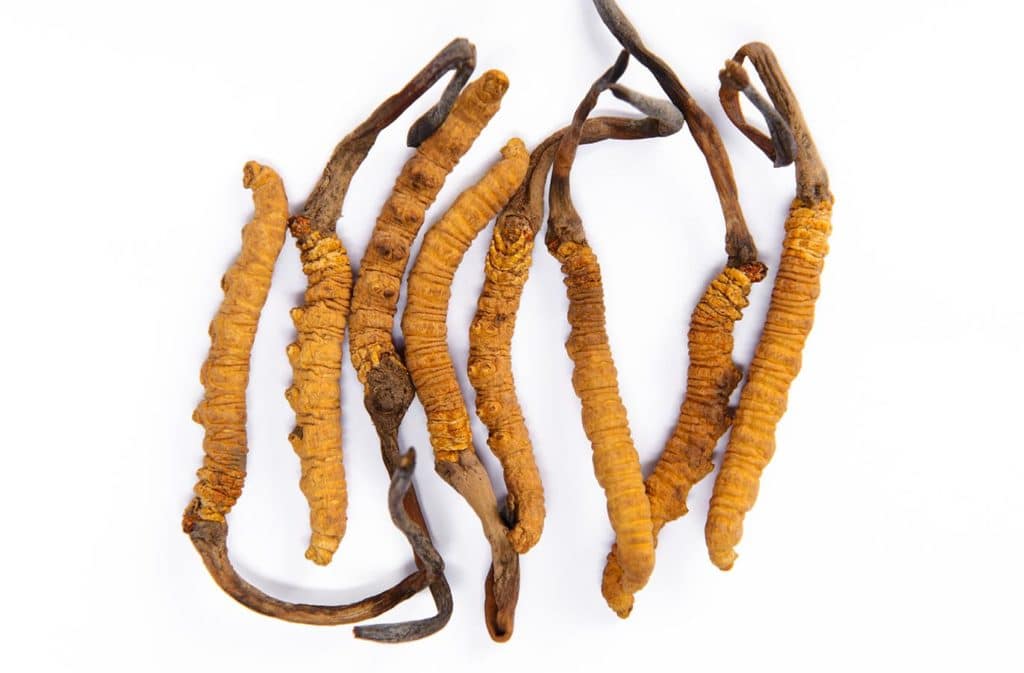
What you need to know about nootropics: Cordyceps
10. Bacopa monnieri
This herb has been used in ancient Ayurveda medicine for longevity and cognitive enhancement. It is credited with improved spatial learning and ability to retain information. Studies have shown that it increases dendritic length and branching- which are parts of nerve cells in the brain that are linked with learning and memory. While it was traditionally consumed with ghee, a clarified butter originating in India, it is now available in supplement form.
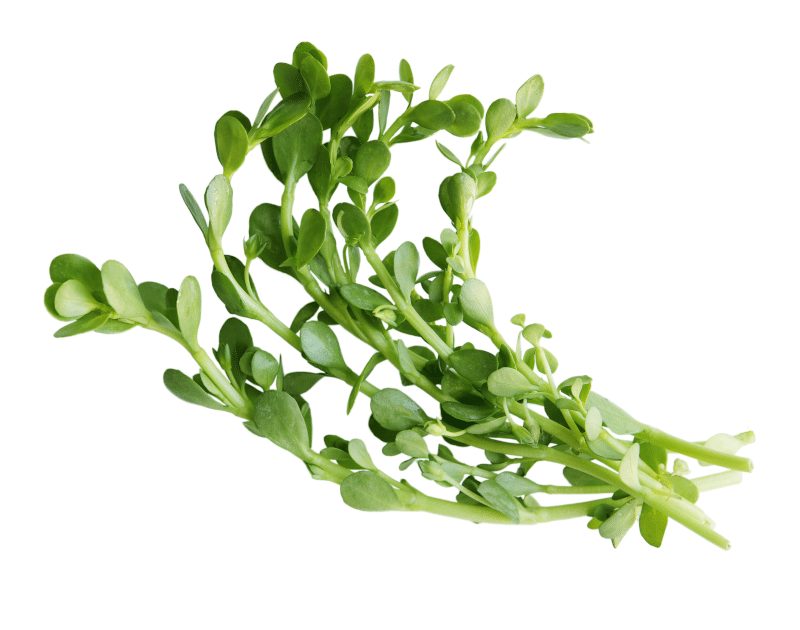
What you need to know about nootropics: Bacopa Monnieri
What are the best custom luxury nootropic blends to use?
If you’re thinking that you could be spending all day popping pills to get the right ratio and combination of herbs to help keep you awake AND nail that big presentation, rest assured. Some geniuses (probably rocking those nootropics) have done the work for you.
Here are some of the best luxury supplements on the market now.
1.Neurohacker Collective’s Qualia Mind
Neurohacker Collective was founded in 2015 with the mission of creating best in class well-being products based on scientific and rigorous R&D. Qualia Mind ($49.50 for first shipment and $89.50 thereafter) is the result of thousands of hours of research and development by top scientists, MDs and PhDs. It contains a blend of nootropics, vitamins, amino acids, and antioxidants. Customers can test their mental performance before using Qualia and then again after only 5 days of use. If users don’t see clear mental performance benefits, they are guaranteed a full refund.
2. Nue Co.’s Nootro-Focus
If you need to focus and work with a clear mind without the caffeine jitters, Nootro-Focus ($85) has a patented formula that includes some of the most effective nootropics discusses above: Bacopa monnieri, Lion’s mane, L-Theanine and Rhodiola. It’s been approved by the Violet Code (discovered and tested by leading artists, experts and stars) on luxury beauty and wellness site, Violet Grey.
3. Plant People’s Stay Sharp
This brain-boosting blend, named Stay Sharp ($59), combines not only a variety of nootropics but also hemp-derived CBD to support cognitive function, memory, focus and reduce anxiety. It’s also organic and sustainably sourced by founders Gabe Kennedy and Hudson Gaines-Ross who founded the plant based wellness company after being disillusioned with traditional pharmaceuticals.

what you need to know about nootropics
4. WTHN’S Run the World
WTHN’s founders are holistic health practitioners whose line of herbs supplement their practice of acupuncture. Run the World ($45) is their custom blend of roots, branches and leaves featuring Ashwagandha, Mimosa Tree Bark, Rhodiola, Bupleurum Root and others to manage stress, promote sustainable energy levels and help you feel calm and energized.
5. Beekeeper’s Naturals’ B.LXR Brain Fuel
“Bee” prepared with these vials of B.LXR Brain Fuel ($29.99). The formula containing premium Royal Jelly, Gingko Biolba and Bacopa monnieri to enhance mental performance. Formulated without caffeine, this is a good choice for those who suffer from the jitters. These vials are drinkable but it is advised to take them with a source of fat for better absorption in the body.
6. Goop’s Nerd Alert
Banish brain fog with a chewy coffee flavored caramel. Gwyneth Paltrow’s Nerd Alert ($30) combines the dynamic duo of Caffeine and L-Theanine to help improve memory, accuracy and attention span.
7. Sakara’s Nootropic Chocolates
We knew food was the way to the heart but now, it’s also the way to the brain. These chocolates ($45) are produced by Sakara Life, an organic, plant based meal delivery company. They contain L-theanine which improves blood flow to the brain, Lion’s mane to ease anxiety and other herbs to reduce fatigue. Who knew that chocolate could be improved upon?
8. Hum’s Uber Energy
That afternoon slump is a killer. Uber Energy ($25) fights fatigue and increases your productivity when it matters most. It contains Vitamin B6, L-Tyrosine, and a blend of energizing herbal extracts like Siberian Ginseng, Rhodiola and Ashwagandha. The company is backed by leading nutritionists in the field and surpass even the strictest regulations at their high tech facility in California.
9. Moon Juice’s Brain Dust
Moon Juice believes in plant based alchemy to nourish and elevate the body. Brain Dust ($38) is a blend of Lion’s Mane, Ginkgo, Rhodiola, Ashwagandha, Astragalus & Maca that targets stress to support mental stamina, alertness and concentration. The powder pairs well with tea, coffee, chocolate & milk. Alternatively, you can add a scoop to any smoothie.
10. Wylde One’s Brain Buzz
Wylde One is a modern wellness and functional food brand creating high quality, trustworthy, “no b.s.” wellness essentials. Power through long meetings or get in the zone for creative work with Brain Buzz ($36) which contains Lion’s Mane, Gotu Kola, Rhodiola and Ginkgo Biloba. The powerful, mind-awakening combo is delivered via a packet that can be stirred into your beverage of choice.
that’s what you need to know about nootropics
That’s our roundup of what you need to know about nootropics. It’s a tough world out there, and we could all use a little magic.
join our community
For access to insider ideas and information on the world of luxury, sign up for our Dandelion Chandelier newsletter here. And see luxury in a new light.

Join our community
For access to insider ideas and information on the world of luxury, sign up for our Dandelion Chandelier newsletter. And see luxury in a new light.


